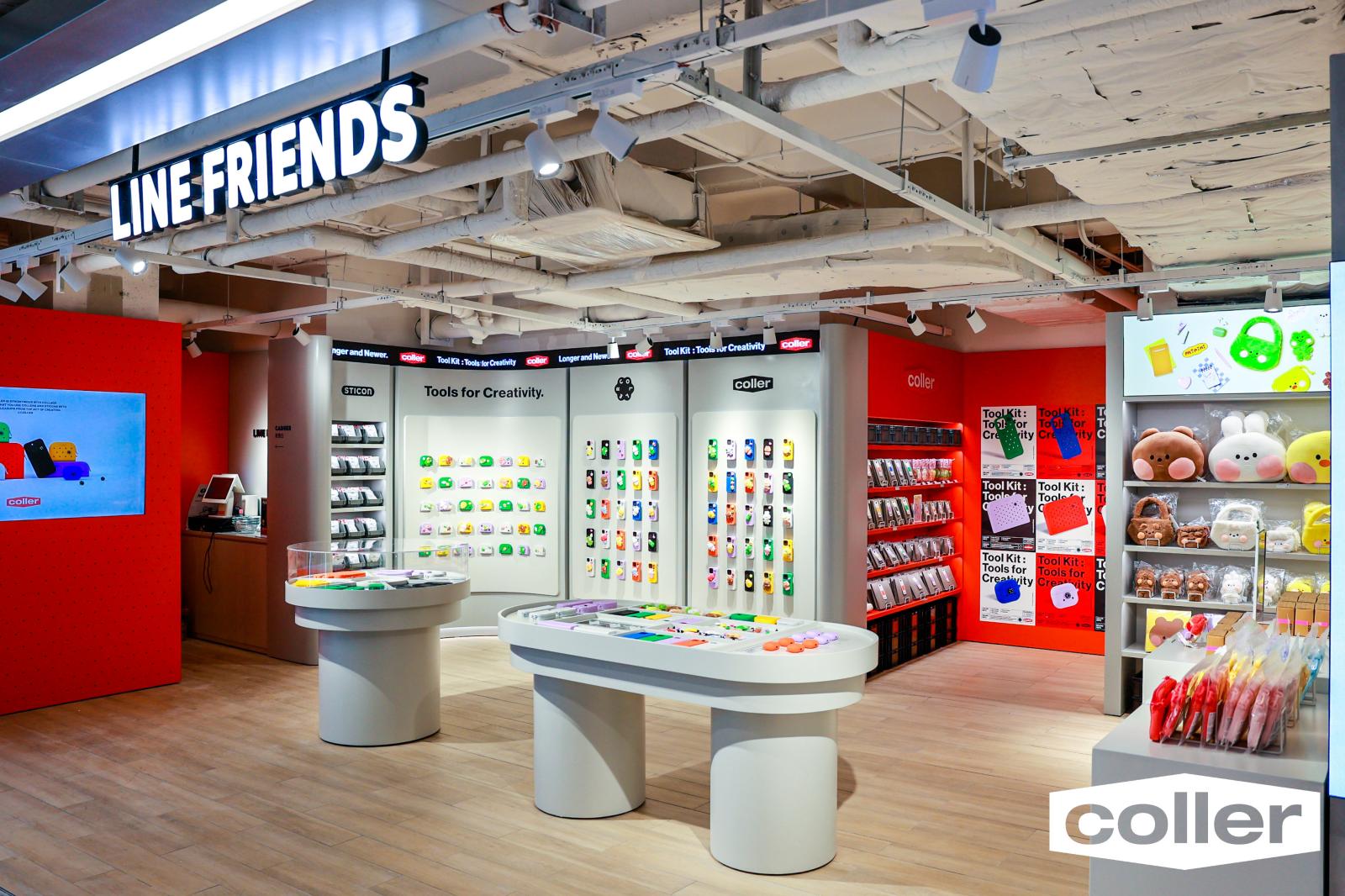Title: Distinctions Between Industrial Hardware Stores and Home Hardware Stores
Industrial hardware stores and home hardware stores serve different types of customers with unique needs. Industrial hardware stores cater to businesses, construction companies, and professionals who require specialized equipment and supplies for their work. These stores offer a wide range of products, including machinery, tools, chemicals, and safety equipment, often in large quantities. On the other hand, home hardware stores are geared towards homeowners and DIY enthusiasts who require everyday household items like paint, plumbing supplies, and gardening tools. While both types of stores offer similar products, their customer base and marketing strategies differ significantly. Industrial hardware stores typically advertise to business owners and contractors through trade publications and online directories, while home improvement stores focus on marketing to homeowners through print ads, social media, and in-store promotions. Overall, understanding the distinctions between these two types of hardware stores is crucial when choosing the right store for your needs. Whether you're a professional working on a large-scale project or a DIY enthusiast looking to spruce up your home, both industrial and home hardware stores have something to offer.
Introduction
Hardware stores are a common sight in many communities, providing essential products for various home and industrial needs. However, there is a significant difference between industrial hardware stores and home hardware stores that can impact customers' shopping experiences and purchasing decisions. This article aims to highlight the key distinctions between these two types of hardware stores, discussing their target markets, product offerings, and customer service.
Target Markets
The primary difference between industrial hardware stores and home hardware stores lies in their target markets. Industrial hardware stores cater to businesses, contractors, and industrial professionals who require specialized equipment, tools, and supplies for their work. These stores typically offer products in bulk quantities, such as pipes, bolts, screws, hinges, and other mechanical parts. On the other hand, home hardware stores focus on the everyday needs of homeowners and DIY enthusiasts who need products for household repairs, remodeling projects, and gardening.

Product Offerings
Another key difference between industrial hardware stores and home hardware stores is the range of products they offer. Industrial hardware stores typically stock a broader selection of specialized equipment and materials, such as machinery, electrical components, safety equipment, and laboratory supplies. In contrast, home hardware stores focus on offering a more comprehensive range of home improvement items, including paint, flooring, roofing, kitchen appliances, and plumbing fixtures. While some industrial hardware stores may carry some home improvement items, their primary focus remains on supplying specialized products to businesses and professionals.
Customer Service
Industrial hardware stores and home hardware stores also differ in their approach to customer service. Industrial customers often have specific requirements for their equipment and supplies, such as warranty information or technical support. As a result, industrial hardware stores often provide more personalized service to meet these needs, with staff members knowledgeable about the products they sell and able to assist customers with product selection and configuration. In contrast, home improvement customers may be less technical and may be looking for general advice or guidance on choosing products for their projects. Home hardware stores typically have sales associates who are trained to provide basic product information and assistance but may not have the same level of expertise as industrial store staff.
Pricing and Payment Options

Pricing policies can also vary between industrial hardware stores and home hardware stores. Industrial hardware stores often offer bulk pricing for large orders of specialized equipment and supplies, which can be beneficial for businesses and contractors who need to purchase large quantities of items. They may also have more competitive pricing compared to home improvement stores due to their lower overhead costs. In contrast, home improvement stores tend to have higher prices for their products, as they must cover the cost of running a retail location and providing customer service. However, they may offer discounts for certain products or services to entice customers. Payment options may also differ between the two types of stores. Industrial hardware stores often accept credit cards, cash, checks, and bank transfers as payment methods, while home improvement stores may limit their payment options to credit cards or cash.
Conclusion
In conclusion, understanding the differences between industrial hardware stores and home hardware stores is essential for customers looking to make informed purchasing decisions. By considering the target markets, product offerings, customer service, pricing policies, and payment options of these two types of stores, customers can ensure that they find the products and services they need at a price that meets their budget and requirements. Whether you are a business professional looking to source specialized equipment or a homeowner in need of new appliances or building materials, understanding the nuances of each type of hardware store can help you make the most of your shopping experience.
Articles related to the knowledge points of this article:
Title: Exploring the Ideal TV Receiver Purchase Route: A五金店 Analysis
Title: The Cost of a Small Wheelbarrow in Hardware Stores
Title: Is the Hardware Store Selling Gold? - A Deep Dive into the World of Multimeters and Gold



